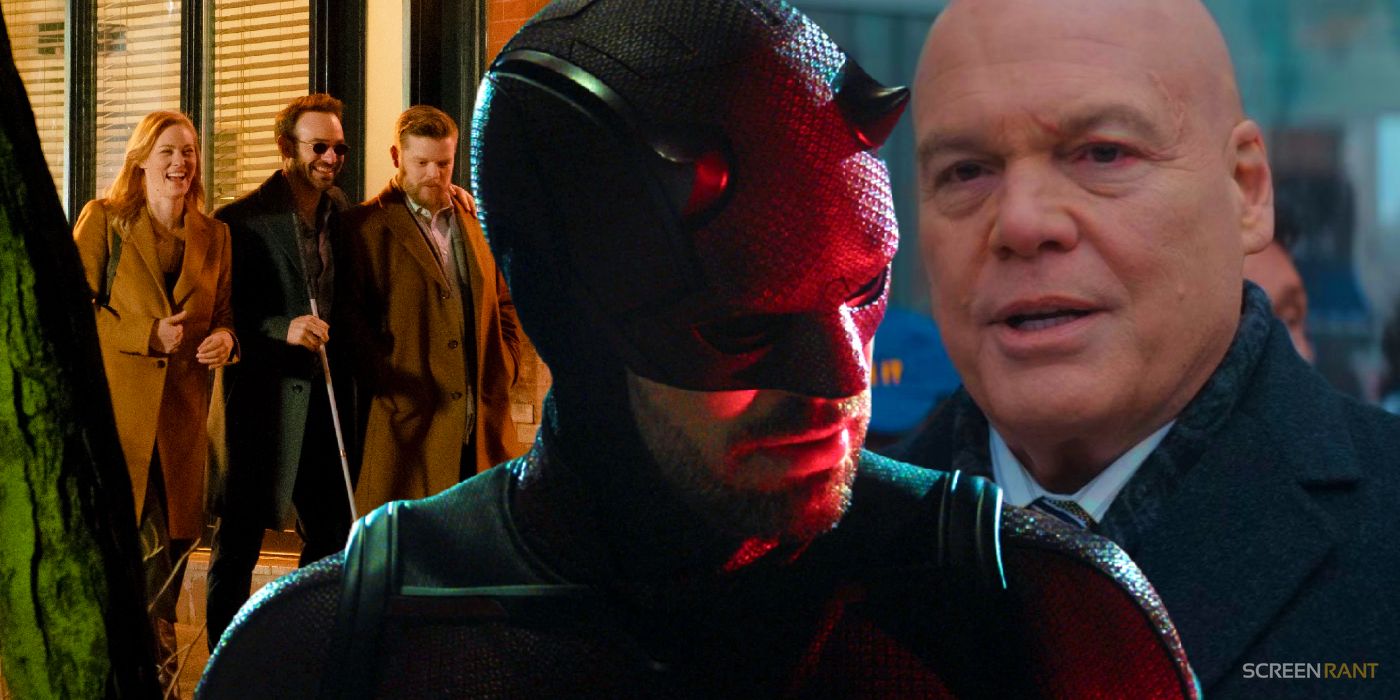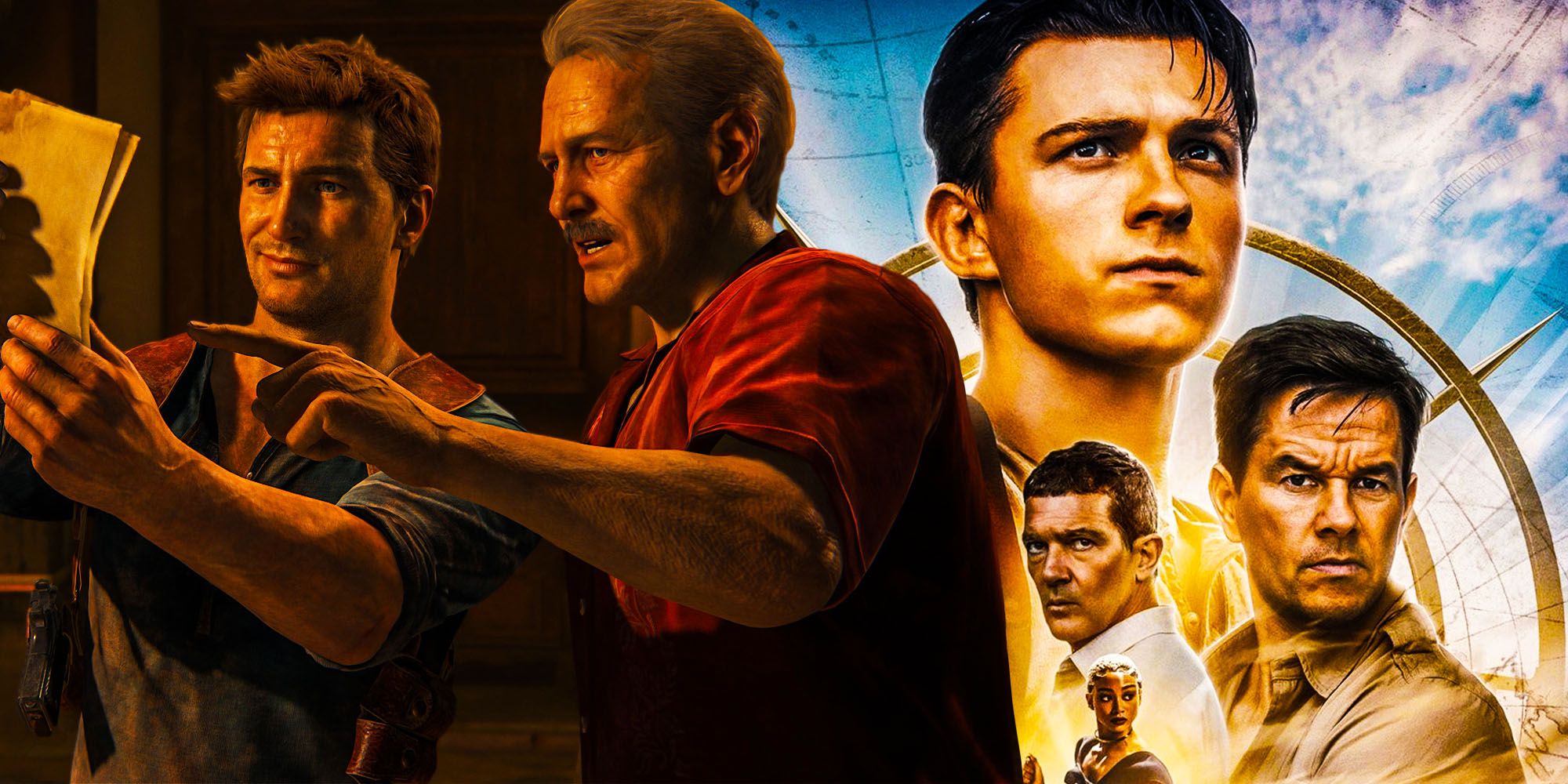Richard D. Parsons, a pioneering Black business executive who led Time Warner after its disastrous merger with AOL and had a hand in untangling some of the media industry’s knottiest dilemmas, died Thursday in Manhattan. He was 76.
His friend Ronald S. Lauder told the New York Times the cause was bone cancer.
Parsons had been suffering from multiple myeloma, a type of cancer, and a resurgence of the disase prompted him to step down from his role as interim chairman of CBS Corp. in October 2018. Shari Redstone reached out to Parsons in the wake of the abrupt departure of Leslie Moonves from CBS leadership following sexual misconduct allegations.
“As some of you know, when I agreed to join the board and serve as the interim chair, I was already dealing with a serious health challenge – multiple myeloma – but I felt that the situation was manageable,” he said in an announcement at the time. “Unfortunately, unanticipated complications have created additional new challenges, and my doctors have advised that cutting back on my current commitments is essential to my overall recovery.” He was replaced by Strauss Zelnick.
Parsons, who got his start working in New York state politics, rose to become CEO of the Dime Savings Bank, CEO of Time Warner and chairman of Citigroup before returning to the media industry and new challenges at CBS. He would have a hand not only recalibrating a merger of AOL and Time Warner that many viewed as disastrous but also rebuilding Citigroup after it began to suffer during the nation’s subprime mortgatge crisis. Parsons also played a crucial role in the preservation of Harlem’s famed Apollo Theatre when it fell into dire straits in the late 1990s. He orchestrated a fundraising campaign to save the historic venue and restore it as a music and arts hub for New York. He stepped down as board chair of the organization in December 2020 after 19 years.
“Without Dick, there would be no Apollo as we know it today,” Jonelle Procope, president and CEO of the Apollo, told the New York Times in 2020.
Parsons, who stood at more than six feet, had an easy charm and approachability about him despite the weight of the offices he carried and his role as a trailblazer leading what was at the time the world’s largest media company. When meeting reporters, he was talkative rather than guarded, and rarely let the complexity of his job get in the way of casual conversation. “”I take this job seriously. It’s important I do it well,” he once told Business Week. “But it’s not my life. I exist apart from this job.”
Richard Parsons was born April 4, 1948, in Brooklyn, one of five children. He would attend the University of Hawaii and then moved to Albany Law School, where he finished at the top of his class. While working as an intern for the New York state legislature, he was offered a job working for the staff of the governor at the time, Nelson Rockefeller.
The association would serve him well, and Parsons moved to Washington, D.C. when Rockefeller served as U.S. Vice President under Gerald Ford. He moved back to New York and worked in the law firm of Patterson, Belknap Webb & Tyler, where one of his clients was Rockefeller’s widow. In 1988, he was named chief operating officer of the Dime Savings Bank, recruited by a former Rockefeller aide who was working as CEO. Parsons later became chairman and CEO of the bank. In 1991, Rockefeller’s brother, Nelson, recommended him for a job on the board of Time Warner. Parsons would become president of the company in 1995.
He faced a heady challenge at Time Warner, then a sprawling media conglomerate that controlled everything from HBO to Time magazine to CNN to Time Warner Cable. A $165 billion merger with dial-up Internet provider America Online has proven disastrous, with the company suffering from slowing growth in AOL memberships as well as the effect of an economic recession on the advertising that fueled its magazines and TV networks.
But his easygoing demeanor was seen as an advantage in helping to stabilize the company. “”Dick has a people orientation, a political positioning,” that helps get things done, said Gerald Levin, the former CEO of Time Warner, told the New York Times in 2001. While other Time Warner executives would show more ambition in public, Parsons kept things on an even keel. “Ideally, you want to underpromise and overdeliver. To the extent that we’ve lost credibility, repairing it is important,” He told Time.
He would end up working to pare a massive debt the company built up as a result of the merger, selling off sports teams like the Atlanta Hawks and Atlanta Thrashers, as well as Warner Music Group, He also removed the AOL from the merged company’s name, restoring Time Warner’s dominance of the corporation, Parsons would step down from the company as CEO and chairman, respectively, in 2007 and 2008.
He kept a hand in politics, playing a role in oversight of the transition team for former New York governor Eliot Spitzer, and former New York mayors Michael Bloomberg and Rudy Giuliani. He worked as economic adviser to U.S. President-elect Barack Obama.
In February 2009, Parsons was named chairman of Citigroup, a role he would hold until 2012. In 2014, he was appointed interim CEO of the Los Angeles Clippers.
In 2018, he emerged as an adviser to Redstone in the midst of a new media industry crisis. CBS Corp. was sparring with National Amusements for control of the company, and a courtroom battle loomed. Meanwhile, Moonves had been accused of sexual harassment in two different expose articles published by the New Yorker articles. As part of a settlement, Parsons joined the board.
He was married to the former Laura Ann Bush. He is also survied by three children, Gregory, Leslie, and Rebecca.









 English (US) ·
English (US) ·